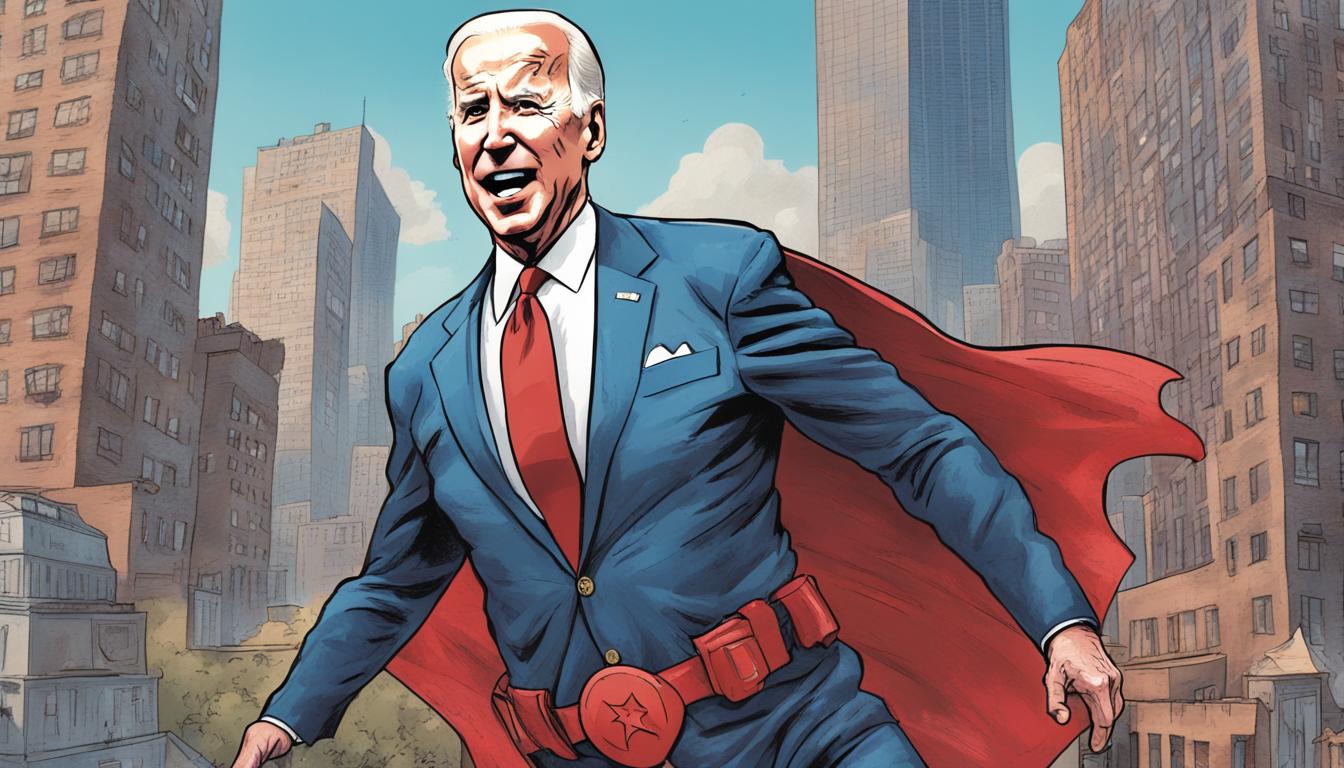President Joe Biden announces new tariffs targeting Chinese-manufactured items in sectors like electric vehicles, batteries, and solar cells, continuing the U.S.’s strategy to address competitive imbalances and secure American manufacturing interests.
President Joe Biden is set to introduce new tariffs on Chinese goods in key sectors including electric vehicles (EVs), batteries, and solar cells. These tariffs, an extension of measures initiated under the Trump administration from a 2018 trade review, aim to address competitive imbalances in industries linked to electric vehicles, despite China not directly selling EVs in the U.S. market. The focus of these tariffs is on combating the potential risk posed by Chinese products, which could potentially undercut American manufacturers in terms of price and technology.
The move by Biden’s administration reflects ongoing efforts to tackle what the U.S. perceives as unfair economic practices by China, particularly in areas of industrial overcapacity. This action aligns with broader Western concerns, shared by entities like the EU, regarding the influx of cheaper Chinese imports and related security concerns, especially in technologically connected devices in smart cars.
No official statement has been released from the White House about the specifics of the tariff announcement. This development comes amidst heightened tensions in the U.S.-China trade relationship, which continues to affect the global economic landscape.













